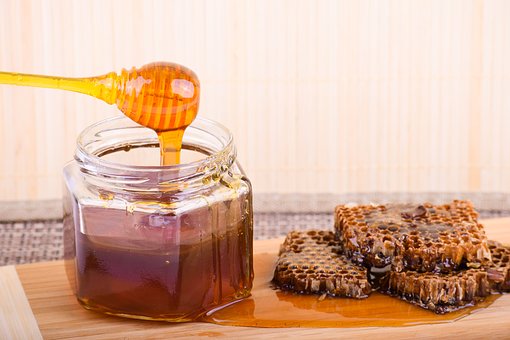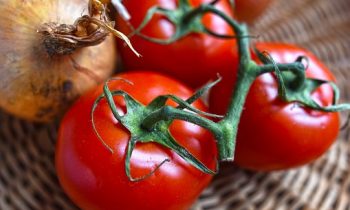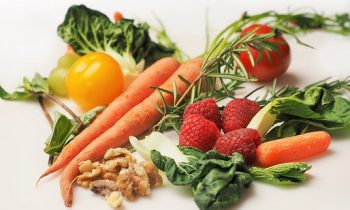Starting something different which you haven’t tried before is always difficult. Are you going to alter your diet plan so dramatically that you can no longer consume the foods that are familiar to you? Possibilities are, if you are reading this, you are either seriously thinking about a BIG modification or you’ve begun to change and got a little stuck along the way.
Here are some evidence-based pointers, which have actually been found to be helpful in training individuals much like you, eat clean foods and prevent the scrap!
Mindfulness
To be mindful of what and how you are eating, you need to be in the present moment. How can you attain that?
The Centre for Mindful Eating states that mindfulness “uses the practice of mindfulness by intentionally bringing awareness to the internal and external environment while consuming”. Because way, you can much better evaluate your cravings and consume for health AND satisfaction. Your body will then have the ability to digest and use the nutrition in the foods you have simply eaten, for a better, healthier you.
Christopher Willard (Mindful.org) said these 6 things can assist:
- Eat foods which are nutritionally healthy; not foods which are mentally reassuring.
- When you are consuming, just focus on consuming (sit and eat on a plate); don’t do other things (read, stand, use your phone).
- Eat when your body feels starving (e.g. stomach growling); not when your emotions inform you to consume (e.g. unfortunate, delighted).
- Stop when your body informs you it’s satisfied; do not disregard your body’s signals of satiety.
- Consume with pals or household at specific times, and in particular locations; not random times and places, alone.
- Think about where the food you are eating originates from; do not consider the meal completion item.
Walking or Mild Workout
Longing for the sweet foods? Opt for a walk instead! Scientists at the University of Exeter, found that taking a vigorous 15-minute walk, made participants less likely to give in to their food cravings, than when they remained sedentary. That’s simple, no?
A more current review (Codella et al.), pinpointed that mild workout uses the same dopamine benefit paths in the brain as sugar. So, if you desire sugar, exercise. It’s good for you!
Help yourself make better decisions
In ancient times, our ancestors experienced durations of plenty and durations of starvation. Therefore, they used to ‘stock-up’ on calories during the periods of plenty. We, in the Western world, only experience the durations of plenty. We have no shortage of food. However our bodies are still programmed to eat as much as possible, need to we experience lacks soon. We are continuously experiencing foods high in carbohydrates and calories, and our bodies are craving it.
What can we do? Are we destined to be consuming these foods, permanently? Here are some of my tried and tested services:
- In the exact same vein, do not go to the supermarket hungry, and always follow a list.
- When you eat in restaurants, understand in advance exactly what they serve and what you will consume, it saves you the misery of making on the spot decisions.
- Do not let yourself get too hungry. When you are hungry, you intensify decisions.
- If it’s not there, you won’t eat it. Clear out your cooking area closets and work area from any foods that you may start to yearn for. Switch it out for healthy, cleaner treats.
- Constantly bring a protein bar or comparable in your pocket– it can be an actual life-saver!
- Don’t hesitate to treat yourself occasionally– as that might be exactly what will keep you sane. Many people cannot keep to a strict program at all times. You deserve it!


 Train Your Body for Clean Eating
Train Your Body for Clean Eating 6 Perfect Foods
6 Perfect Foods 10 Benefits of Whole Food
10 Benefits of Whole Food 10 steps to Clean Eating
10 steps to Clean Eating Low Carb Clean Eating 101
Low Carb Clean Eating 101